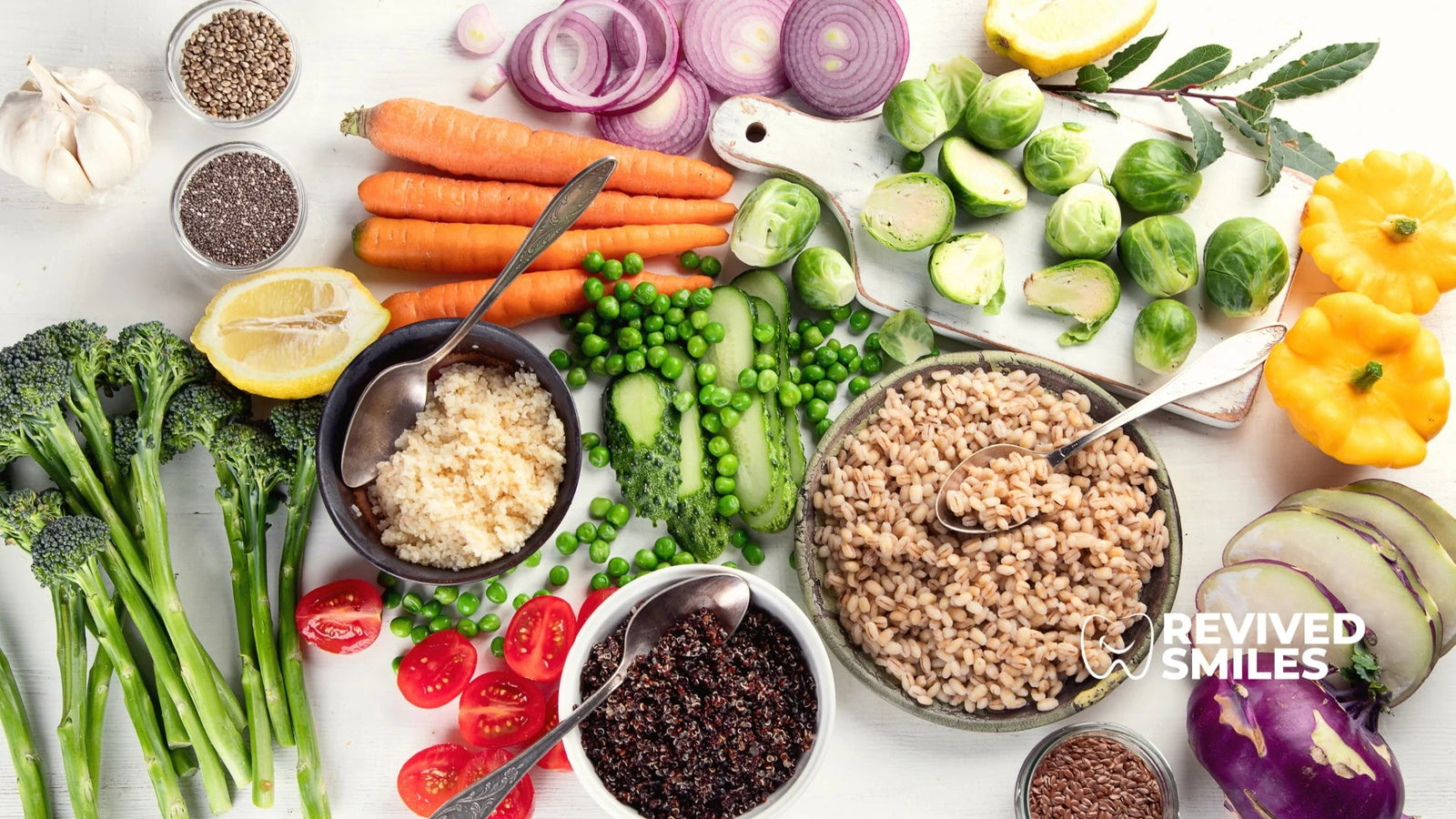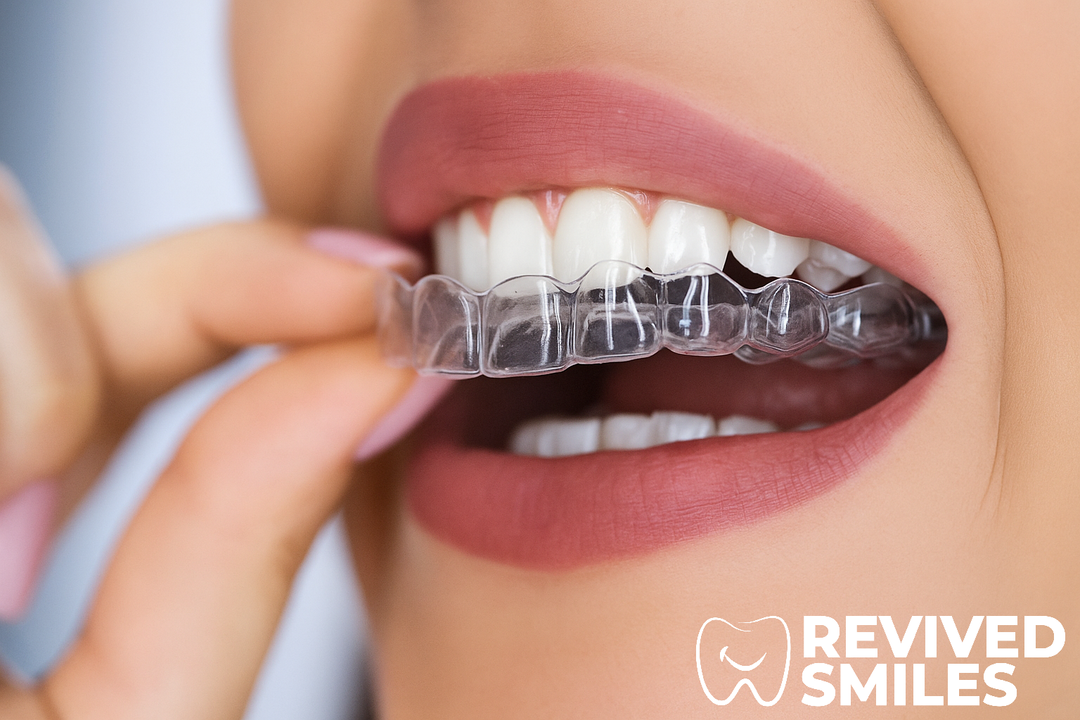5 of the most important Nutritional Tips for Dental Prosthetics Wearers

Eating with dental prosthetics—such as dentures or bridges—presents unique challenges. These challenges can affect not only a person's ability to enjoy food but also their overall nutritional status. It's essential for those wearing dental prosthetics to maintain a balanced diet to support their general health and the condition of their prosthetics. This article provides nutritional tips tailored for individuals who wear dental prosthetics, taking into consideration the physical limitations and maintenance requirements that come with them.
1. Maintain a Balanced Diet
Importance of a Balanced Diet: Eating a varied diet rich in vitamins, minerals, and fiber is crucial for all individuals, particularly those wearing dental prosthetics. A balanced diet supports oral health, strengthens the jawbone and gums, and reduces the risk of oral diseases, which is crucial when wearing dental prosthetics.
Recommended Foods:
- Fruits and Vegetables: Soft cooked or canned fruits and vegetables are easier to chew. They are rich in vitamins A and C, which help in maintaining healthy mucous membranes and gums.
- Protein: Options like eggs, fish, poultry, and legumes are essential for tissue repair and muscle strength. Soft-cooked fish, scrambled eggs, and bean purees can be more manageable for denture wearers.
- Dairy: Calcium-rich foods like yogurt and soft cheeses contribute to bone health, crucial for supporting dental prosthetics.
- Whole Grains: Soft-cooked whole grains, like oatmeal or quinoa, are excellent sources of fiber and other nutrients while being gentle on prosthetics.
2. Avoid Hard and Sticky Foods
Challenges with Hard Foods: Biting into hard foods can dislodge or damage prosthetics. Sticky foods might stick to the dentures, promoting bacterial growth and potentially leading to decay in remaining natural teeth or gums.
Examples to Avoid:
- Hard fruits and vegetables (like apples and carrots)
- Sticky candies and chewing gum
- Tough meats or breads that require vigorous chewing
3. Stay Hydrated
Impact of Dry Mouth: Many denture wearers experience dry mouth, which can decrease the comfort of dentures and increase the risk of infections. Staying hydrated helps maintain saliva production, which is necessary for lubrication, digestion, and natural oral cleansing.
Tips for Hydration:
- Drink plenty of water throughout the day.
- Limit caffeine and alcohol intake, as they can contribute to dryness.
- Chew sugar-free gum or suck on sugar-free candies to stimulate saliva production.
4. Prepare Foods Appropriately
Food Preparation Tips:
- Cut food into small, manageable pieces.
- Cook vegetables until they are soft.
- Use a food processor to puree tough or fibrous foods.
5. Regular Dental Check-ups
Importance of Dental Care: Regular visits to a dental professional ensure that dental prosthetics are properly fitted and in good condition, and also help in the early detection of any oral health issues.
These sources provide valuable insights into managing a diet while accommodating the unique needs of dental prosthetic wearers, ensuring that both nutritional needs and oral health are adequately met.
- Academy of Nutrition and Dietetics. "Nutrition and Oral Health". This source discusses the link between diet and oral health, emphasizing the importance of nutrients in maintaining the health of gums and teeth.
- National Institute of Dental and Craniofacial Research. "Dental Prosthetics and Oral Health". This resource provides comprehensive information on how dental prosthetics interact with oral health and offers guidelines on care.
- American Dental Association. "Eating with Dentures". The ADA offers practical advice on how to adjust eating habits to accommodate new dentures.
- Journal of Prosthetic Dentistry. Various articles and studies explore the impact of dietary choices on the longevity and comfort of dental prosthetics.





Leave a comment